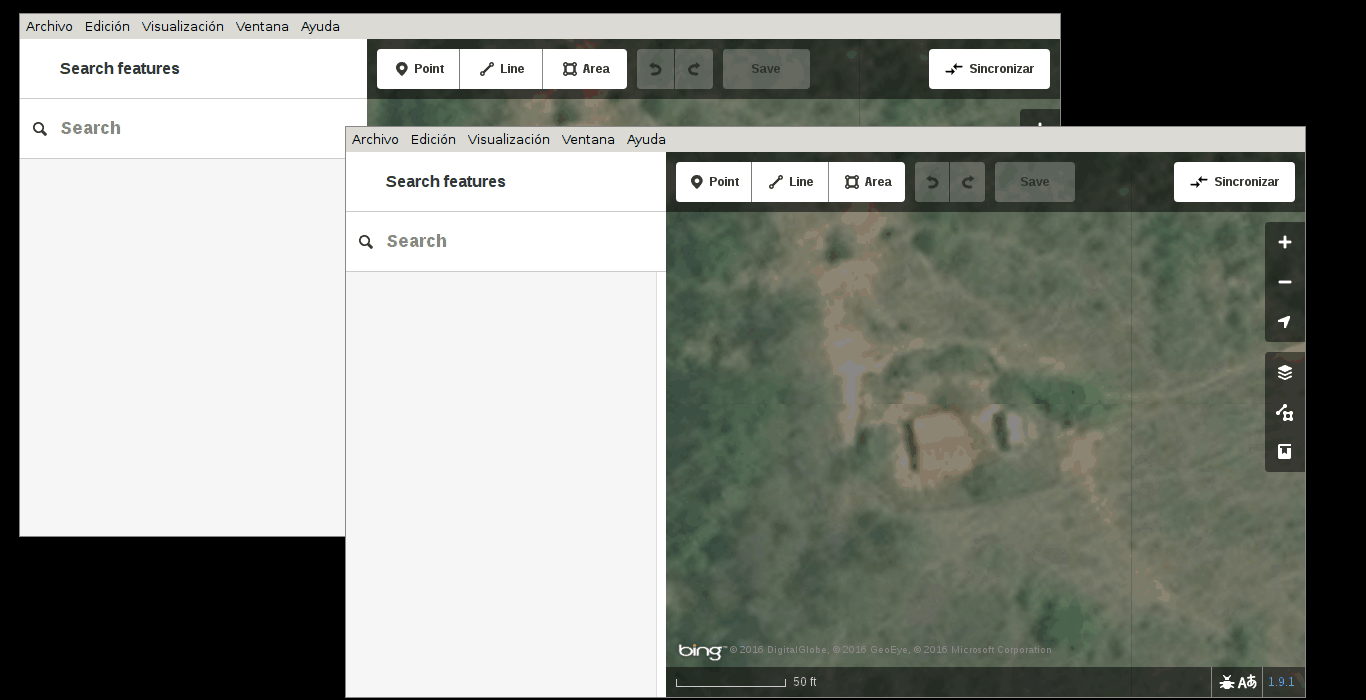Digital Democracy: OpenStreetMap Without Servers [Part 2]: A peer-to-peer #osm database
▻http://www.digital-democracy.org/blog/osm-p2p
osm-p2p is a decentralized peer-to-peer database for storing and editing OpenStreetMap nodes, ways, and relations. It includes a node.js server that implements the core functionality of the OSM API, or it can be used completely in the browser using IndexedDB for persistent storage.Someone can make edits, replicate to a USB drive, bring the USB drive to another village, replicate, and then bring the USB drive back to replicate again. The replication copies data both ways, so after this procedure both villages will have the complete dataset.
#p2p








